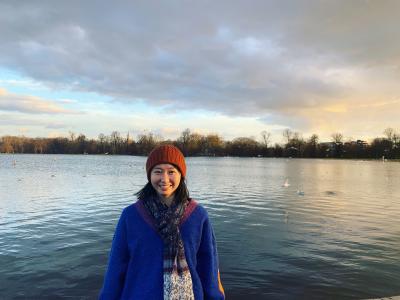
Dr Yawen Li is a Postdoctoral Fellow at IASH from September 2025 to June 2026. Her work explores questions of trauma, solidarity, and cultural activism across contemporary Chinese and postcolonial contexts. She warmly welcomes opportunities to discuss and share her research. Email: v1yli450@ed.ac.uk.
China’s global rise has attracted growing scholarly engagements from transnational and postcolonial perspectives. Much of this research, however, centres on the state’s geopolitical strategies or economic influence. Work which does examine contemporary China through a decolonial lens, often in anthropology, largely remains focused on developments in Xinjiang, Tibet and other places within the country’s borders. Neither of these perspectives, whether state-centric or domestically-oriented, sufficiently accounts for the role that formerly colonised regions—now commonly referred to as the “Global South”—have played, and continue to play, in shaping popular Chinese imaginaries of freedom, justice, and community, both within China and globally. It also risks reproducing Cold War-era assumptions that populations under authoritarian regimes are politically inert, culturally insular, and incapable of forging transnational affiliations beyond state-sanctioned boundaries.My project at IASH addresses this gap by examining how a growing cohort of independent Chinese artist-activists have reworked anticolonial legacies to express solidarity with contemporary global struggles. It focuses on cultural works created in mainland China since 2020, including fiction, poetry, political essays, performance, podcasts, and short-form videos, that respond to crises in Afghanistan, Iran, Ukraine, and Palestine. By foregrounding these overlooked practices, the project reconceptualises China’s global engagements from below and cultural-political subjectivity under authoritarianism.During the first three months of my fellowship, I have been laying the foundations for this project by examining evolving articulations of solidarity with Palestine in the essays of the prominent Chinese Hui Muslim writer Zhang Chengzhi, written over more than two decades. This article complements the proposed project’s focus on grassroots cultural practices.
